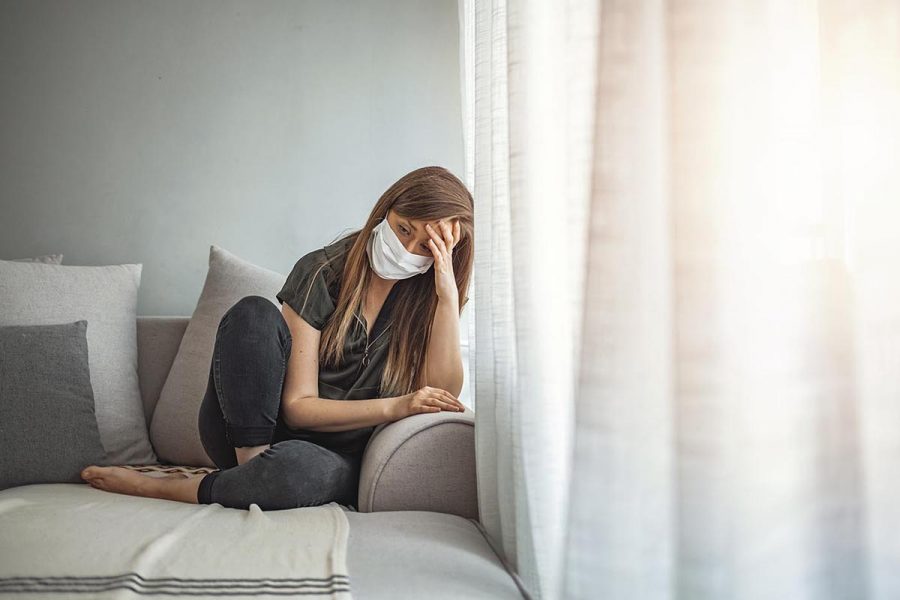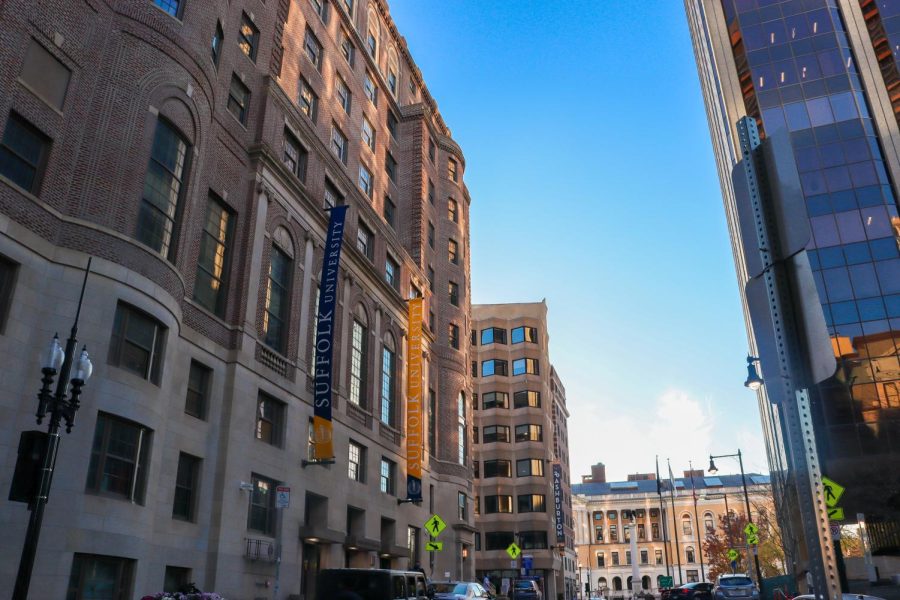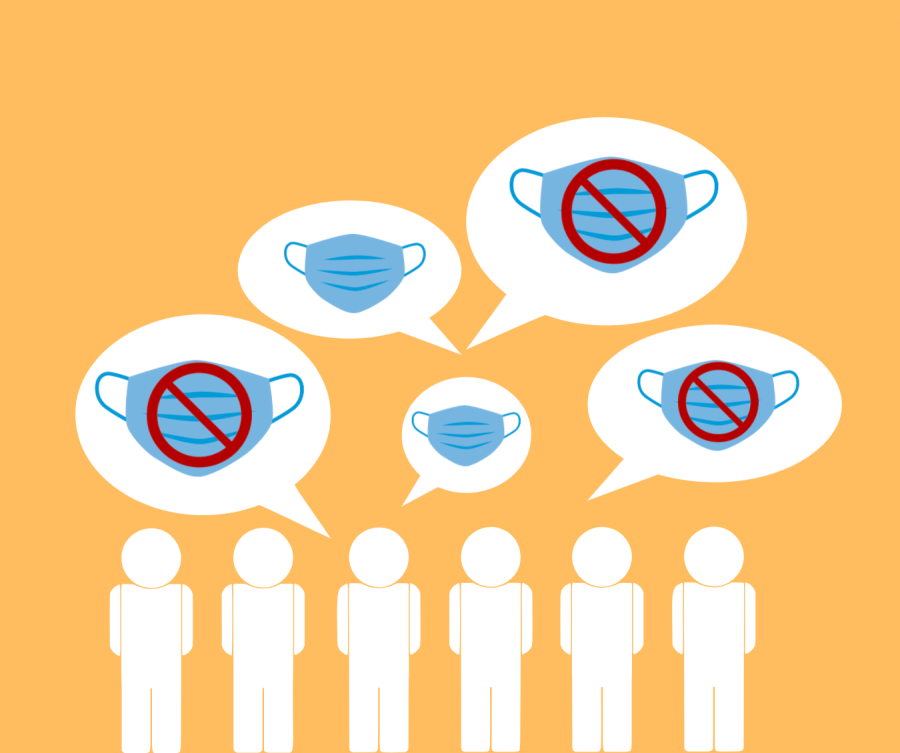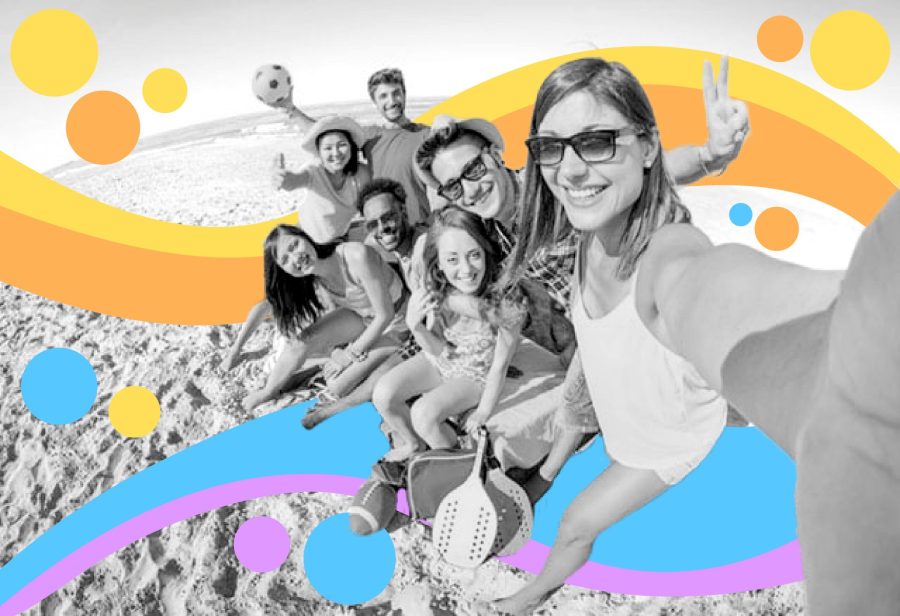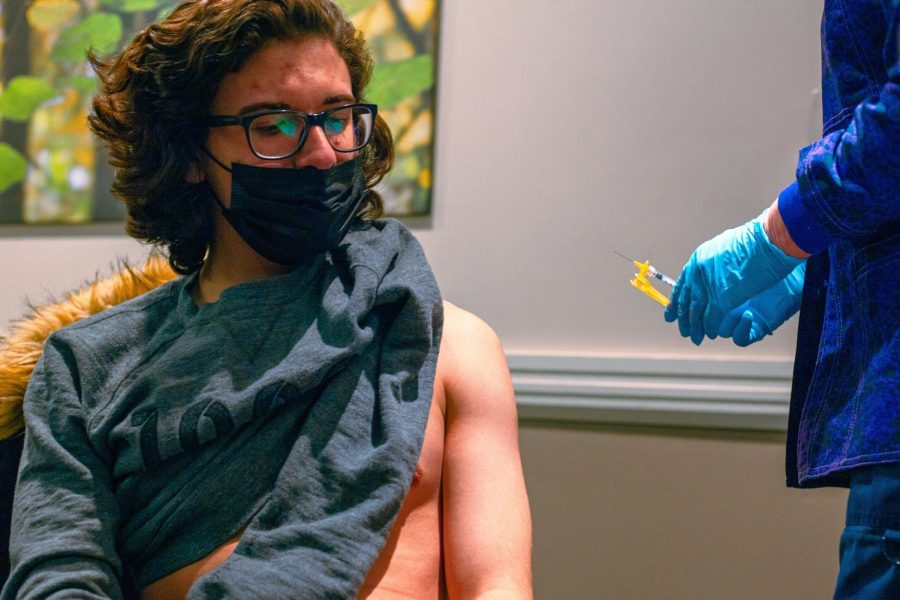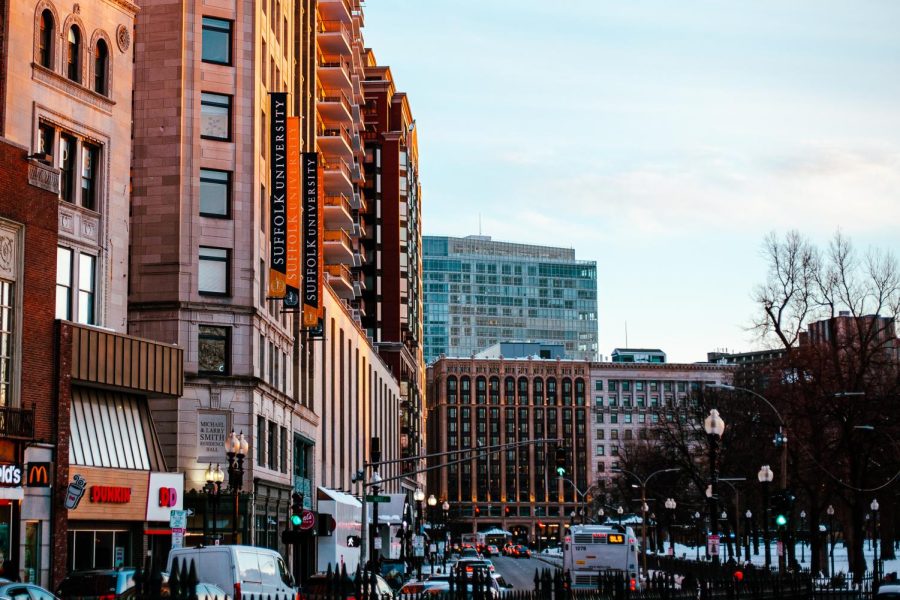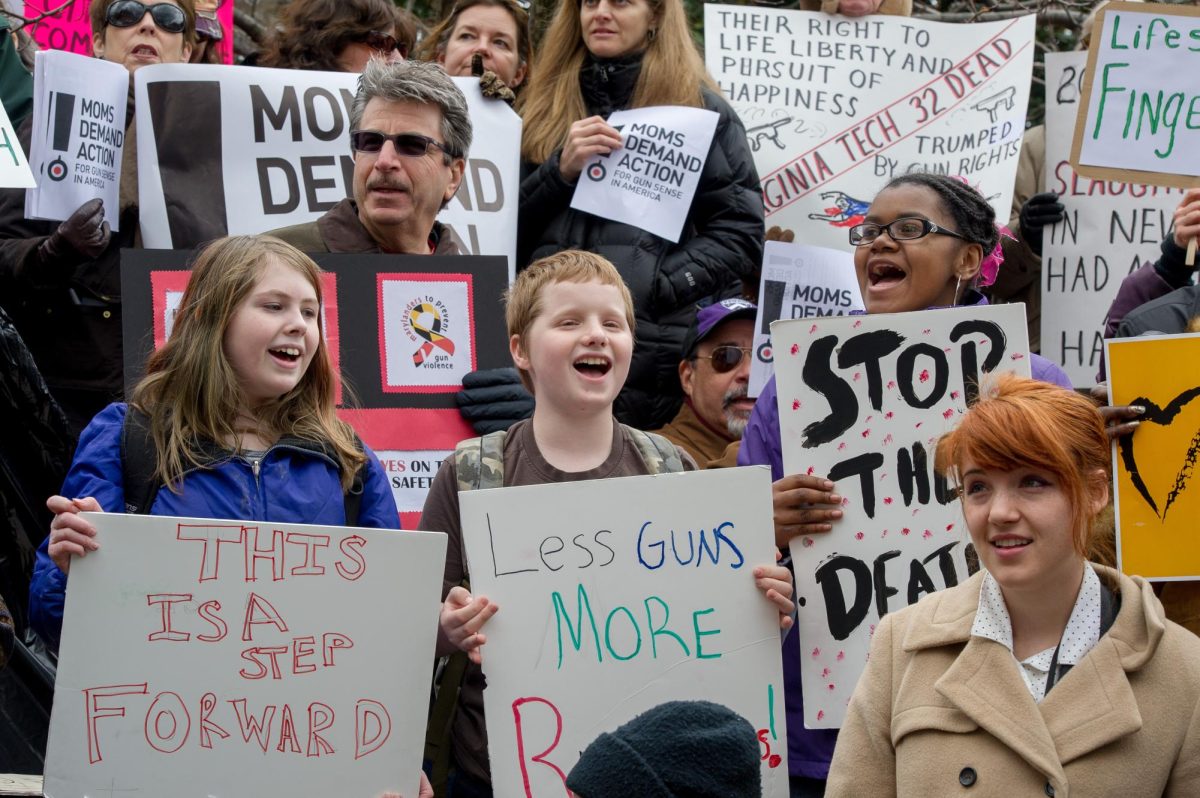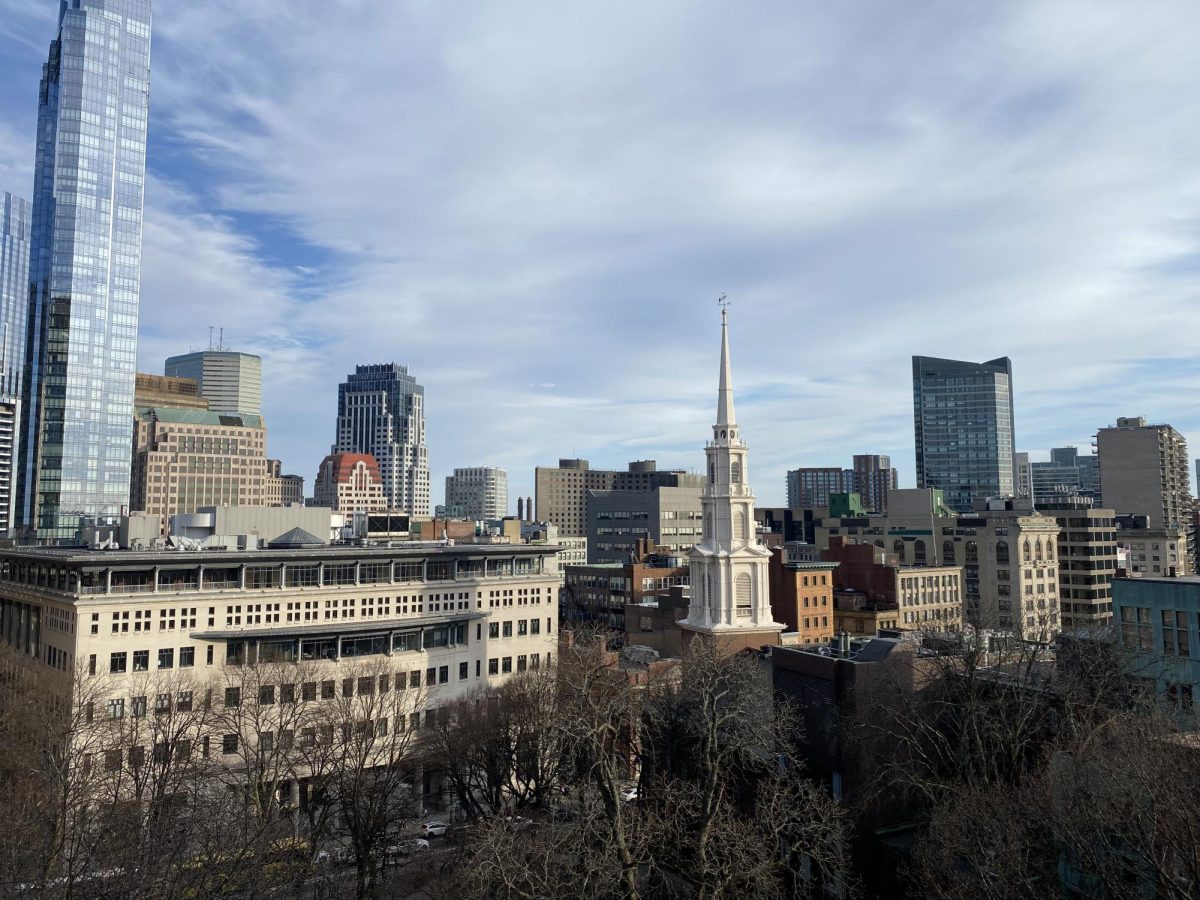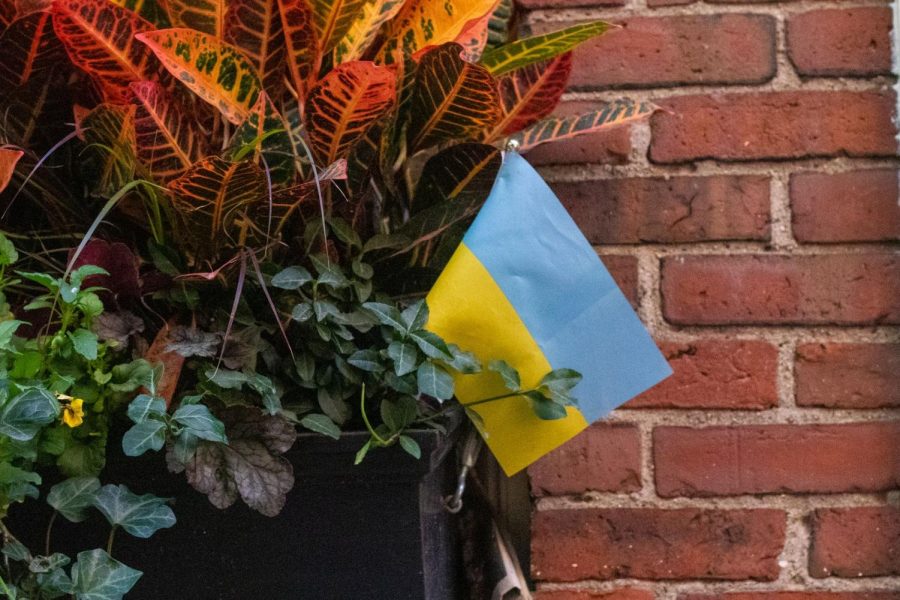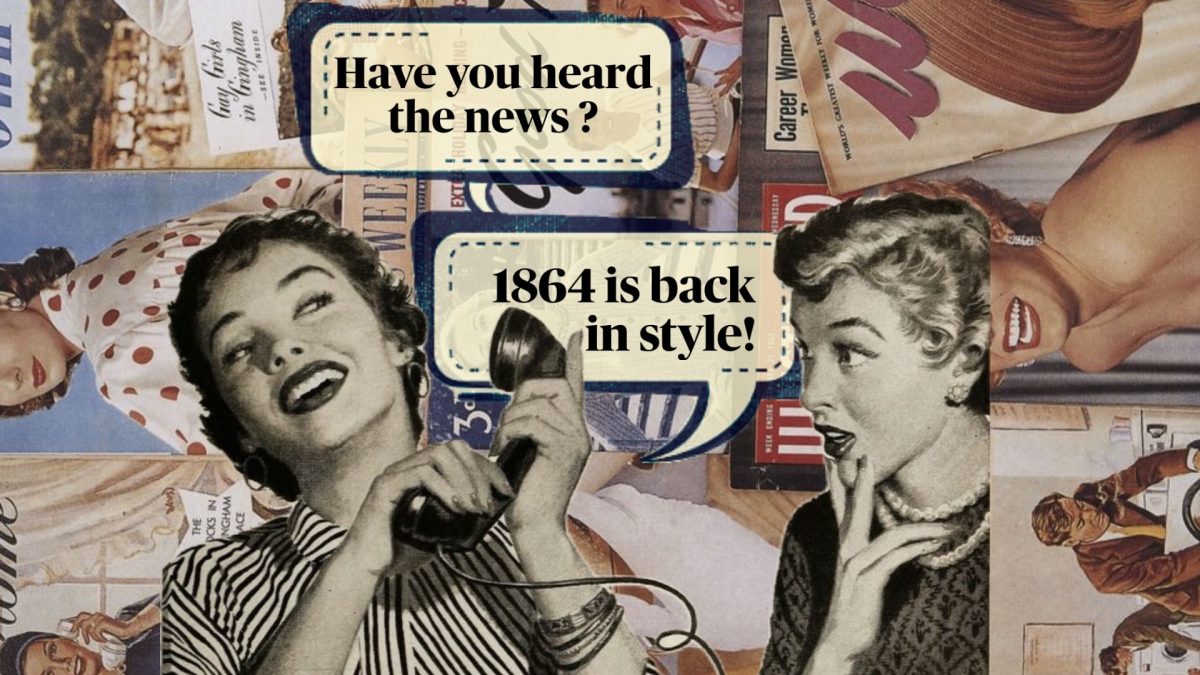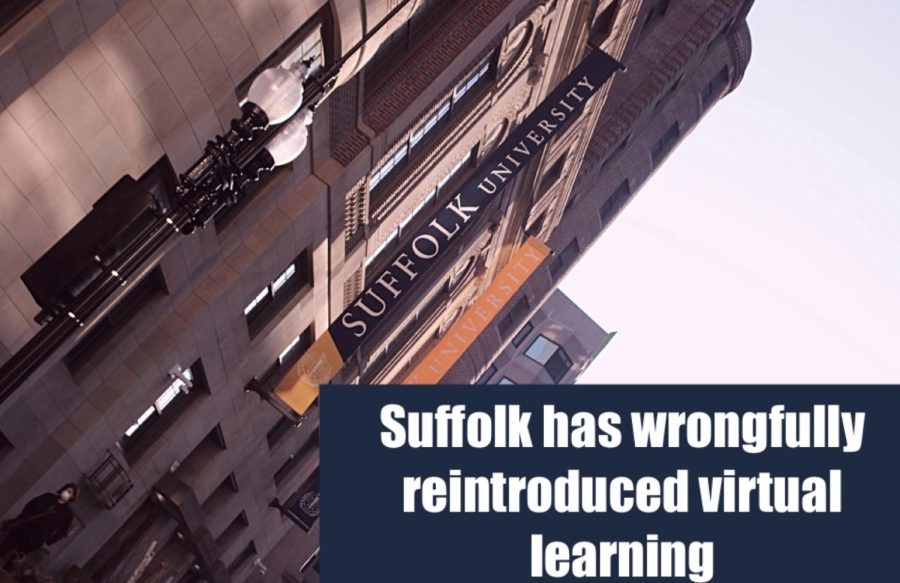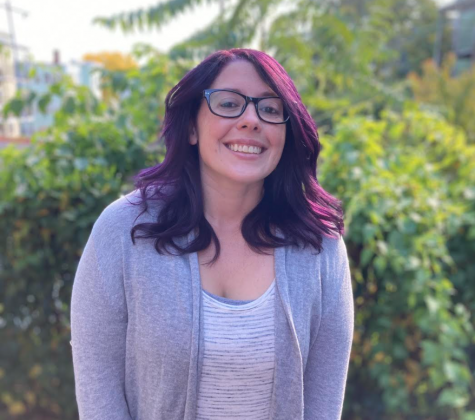I never imagined it could happen to me. I’m careful. I don’t really do anything or see anyone. My days consisting of friends on my couch, parties and family events had been over for about seven months. So how did I end up contracting COVID-19?
If it happened to me, it could happen to anyone.
When the news of the pandemic broke out, I took my safety seriously. The only time I left my house was to go to work, as an essential in-home child care provider. My social bubble consisted of six people, my work family and my husband.
There were months when we didn’t see anyone—when I longed to be at a bar laughing with the people I love. I was determined to be part of the solution, not the problem, so I stayed home. We had stayed home for Thanksgiving, sending our love to our family virtually via Zoom.
In November, cases were rising across Massachusetts. My husband and I decided to get tested just to be sure we were negative. My husband got an email saying he was negative and relief flooded both of us. Twenty minutes later my results were in and they had a different verdict.
I tested positive for COVID-19.
I remember feeling a cold, pure panic set in. Everyone talks about COVID-19, but they don’t tell you what to expect in the moments after you test positive.
It was a Sunday afternoon. I called my mom, a healthcare worker. While crying, I asked her what to do. No matter your age, it’s funny that your first call for help is always to your mom. She told me what to do and assured me I was okay. She asked if I was having symptoms.
Was I? I had to stop and think about how I had been feeling lately. I had some weird pain in my chest, but I have always had allergies and I had explained it away. Then there were the headaches, but I work with kids and go to school full time. I always have a headache. It was easy to explain my symptoms away until I had that positive result to tell me how wrong I had been.
The next step in this overwhelming process was to call my boss and break the news–which, to be honest, I assumed I had received the virus from one of the kids I care for. Either way, the family needed to get tested and I had to quarantine and leave them without childcare.
On Monday, I called my doctor, the COVID response team and Suffolk University to update them on my condition. Suffolk had to call me back and when they did, I couldn’t answer because I was in class. When I was able to return their call, the staff nurse informed me they were about to call an ambulance to be sent to my house. That was jarring.
One thing I remember the most from my experience was the shame I felt. I had been following all state-mandated regulations and took no risks, but I still had it. I even took extra precautions, such as not dining indoors or hitting the gym, even though the state deemed these acts safe. I didn’t want to tell my friends or my classmates. I felt like there was this mark on me now that everyone could see, and that they would assume I had been reckless and selfish. It was isolating and depressing, especially when everyone in my social bubble tested negative. It was just me.
Over the next few days, The COVID response team called me every other day to make sure I was okay and staying in quarantine. I started getting random hours where I would just feel bad—deeply bad. I would be so bone-tired I fell asleep randomly and often. The feeling went away slowly, the tiredness being the longest symptom to linger.
The best thing I did for myself was work on my mental health. I was spiraling because of the shame, and I knew I needed to talk to someone. There are no words that could describe how much confiding in others helped me through that time.
Opening myself up to my friends helped. One of my best friends drove an hour just to drop off food on our doorstep. This small act of kindness helped me feel less alone and supported through a time when I was struggling.
When my quarantine ended, I was afraid to step back out into the world. I wore a mask everywhere, for hours every day. I was still afraid I could infect someone else. If anyone asked how I was, I downplayed my distress and symptoms. The shame was something that still sticks with me, and it makes it difficult to talk about my experience.
My advice is to get yourself tested and make sure you don’t have COVID. Also, fortify yourself mentally with the help of those around you and even professionals. It can happen to you, it can happen to anyone. Make sure you’re part of the solution.


